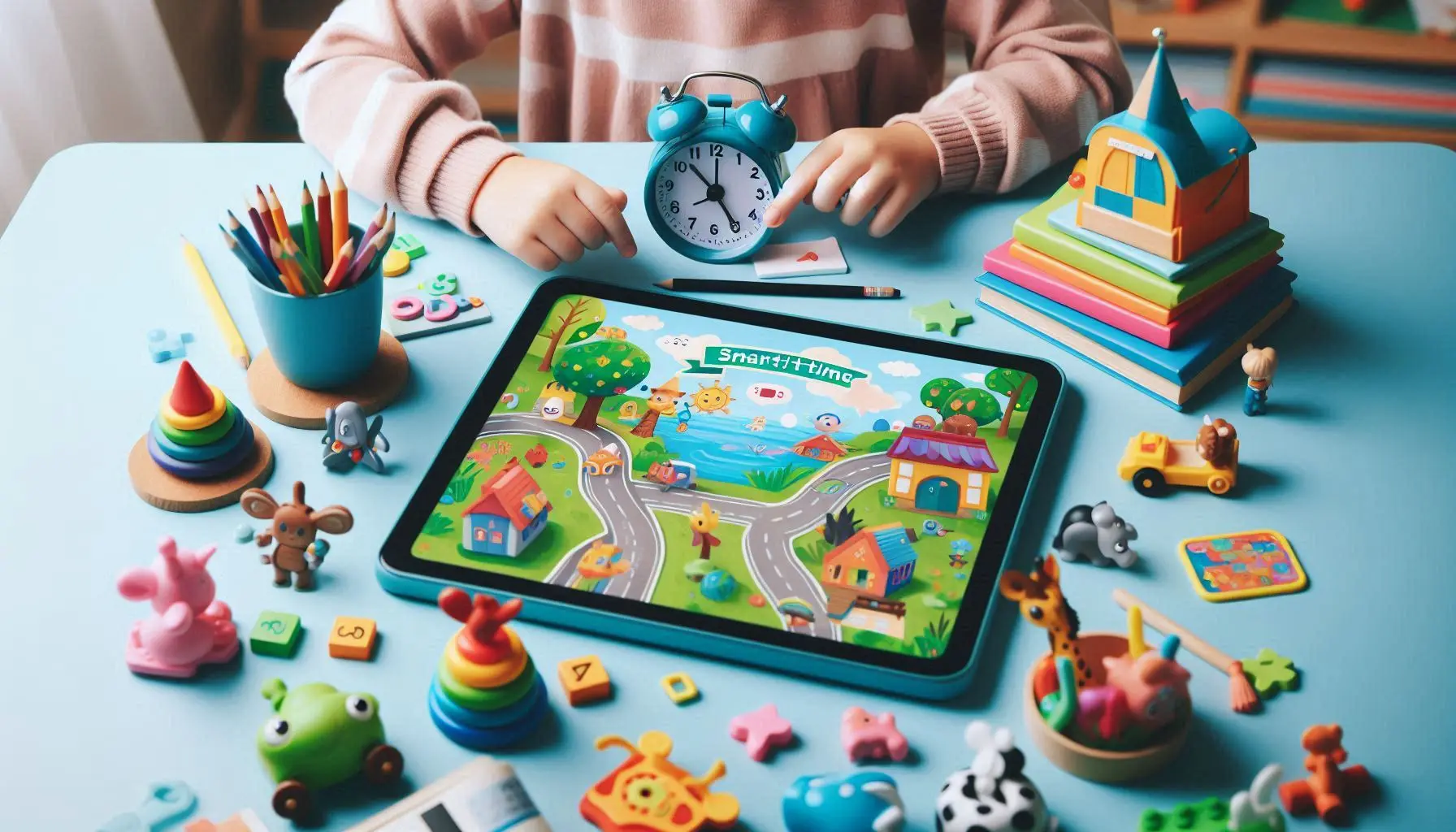Playtime is essential for a child’s development, but it can also be a golden opportunity to incorporate learning in a fun way. Integrating educational games into playtime not only keeps kids engaged but also helps them develop critical skills without them even realizing it. Here are some effective tips to seamlessly blend education and play.
1. Choose Age-Appropriate Games
Select games that match your child’s developmental stage. Look for options that challenge them without causing frustration. Educational games should be fun and suited to their age group to keep them motivated.
2. Mix Learning with Favorites
Incorporate educational elements into games your kids already love. For instance, if they enjoy board games, choose ones that involve math or reading. You can also create educational twists on classic games—like adding math problems to a game of Tic-Tac-Toe.
3. Set Up Themed Playdates
Organize playdates centered around educational themes. For example, a science-themed playdate could include experiments and science-related games. This encourages kids to learn collaboratively while having fun with friends.
4. Use Everyday Materials
You don’t need fancy toys to make playtime educational. Use everyday materials to create games. For example, turn a deck of cards into a math challenge, or use a timer to create a word scavenger hunt around the house.
5. Encourage Storytelling
Incorporate storytelling into playtime to boost literacy skills. Use puppets, dolls, or action figures to create narratives. Ask your child to tell a story based on their favorite characters or invent new ones to stimulate imagination and language skills.
6. Utilize Technology Wisely
While screen time should be limited, educational apps and games can be beneficial in moderation. Look for high-quality educational apps that reinforce skills in a fun and interactive way. Balance digital play with hands-on activities for a well-rounded approach.
7. Foster Problem-Solving Skills
Introduce games that encourage critical thinking and problem-solving. Puzzles, strategy games, and brain teasers can challenge your child’s mind and promote cognitive development. Celebrate their achievements to build confidence in their problem-solving abilities.
8. Create a Learning Corner
Designate a specific area for educational games and activities. This can be a shelf with books, puzzles, and educational toys. A dedicated space encourages kids to explore learning materials independently.
Conclusion
Integrating educational games into playtime enriches your child’s learning experience while keeping them engaged and entertained. By selecting the right games and using creative approaches, you can turn playtime into a valuable opportunity for growth. Embrace the joy of learning through play, and watch your child thrive!
